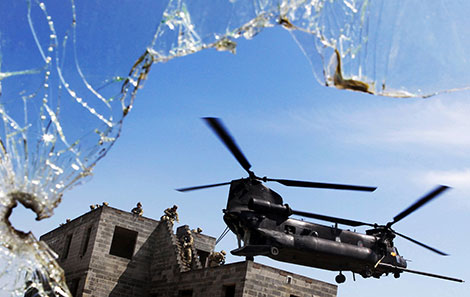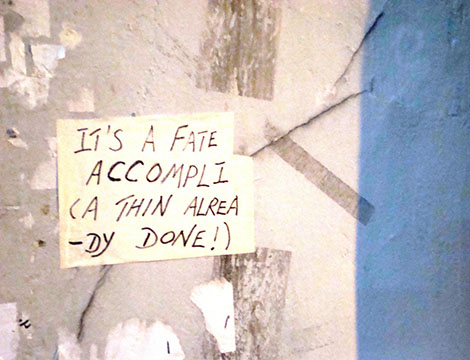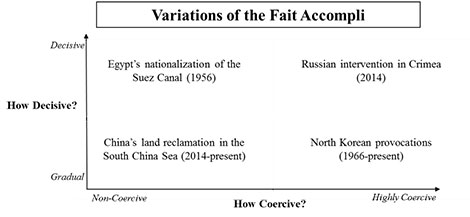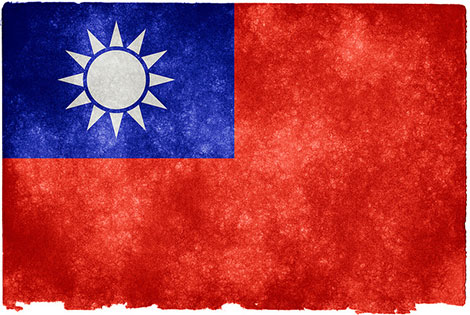
This article was originally published by Political Violence @ a Glance on 16 January 2017.
Donald Trump’s election caused consternation at home and abroad. Outside of the United States, perhaps nowhere is the shock of his victory more keenly felt than amongst our longstanding allies in Europe. No doubt European leaders were still grappling with the aftermath of this development and possible ramifications when they met last month for the final EU Council meeting of the year to discuss the general security situation.
During the campaign, Trump’s anti-NATO rhetoric was met by many with a mixture of scorn and amusement. Now, many longtime transatlantic security watchers are sounding the alarm. Lost in all this, however, are several positive developments which point not only to the staying power of the collective defense norm but the wider transatlantic security relationship as well.





